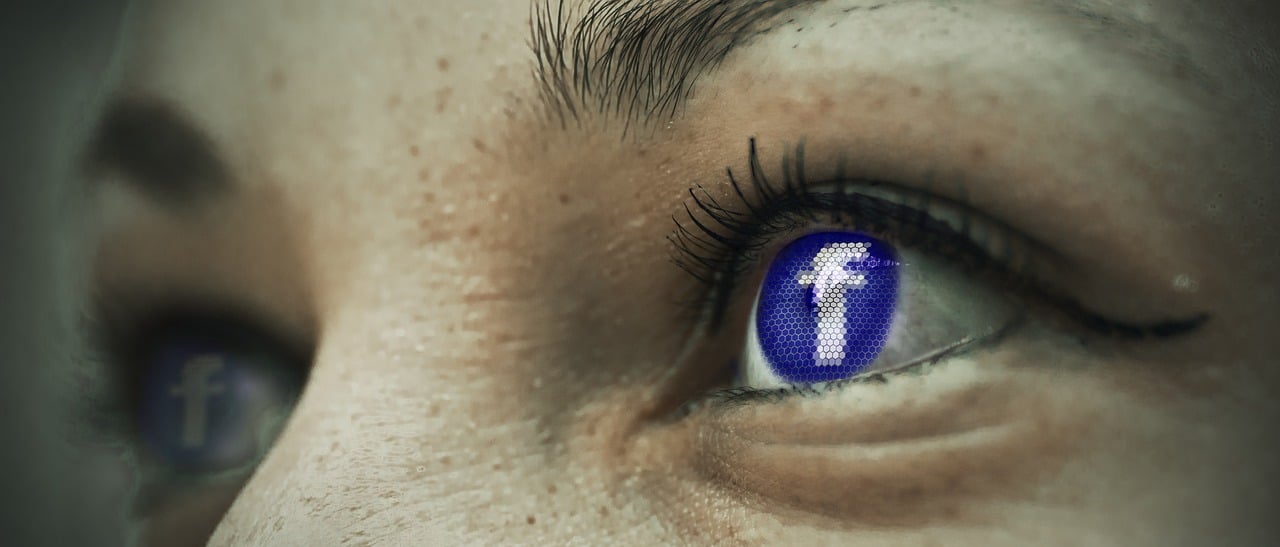The Facebook smart speaker was supposed to be showcased in May this year. But, the social networking giant has reportedly delayed the launch in the wake of the recent privacy scandal related to Cambridge Analytica over sharing the data of 50 million Facebook users.
The Facebook smart speaker was supposed to be shown at F8 this spring, followed by the launch in the fall. Now, the launch date for the same is under consideration, reports Bloomberg. “The company’s new hardware products, connected speakers with digital-assistant and video-chat capabilities, are undergoing a deeper review to ensure that they make the right trade-offs regarding user data, the people said,” read Bloomberg’s report on the Facebook smart speaker delay.
Through the Facebook smart speaker, the company was eyeing greater involvement in the everyday lives of users by harnessing the power of artificial intelligence, something pioneered by Amazon and its Echo in-home smart speakers. The company, however, still has plans to launch the device later this year, notes Bloomberg.
Smart speakers need to collect data sets from the users such as location, sleeping patterns, vacation schedule, email and so on to offer customized service to the users. It’s not just the routine data, but these speakers also fetch biometric data collected from someone’s voice to their fingerprint. Companies selling these smart speakers are believed to keep the data secure and use it in-house. However, the latest privacy row surrounding Facebook raises skepticism against the platform.
Users are pretty angry with Facebook given the fact that the company hardly did anything about the Cambridge Analytica fiasco. Moreover, some are raising concerns over the probable effect of this data sharing on the 2016 U.S. elections. The social networking giant has lost over $80 billion in market value since the Cambridge Analytica scandal first broke.
A Bloomberg report last year reported that Facebook plans to come up with a video-focused device having a laptop sized touchscreen and a standalone speaker. Both the devices would reportedly use the voice assistant developed by Facebook.
Selling the products would have already been challenging for Facebook with users already believing that the social networking site records conversations via smartphone mics. Now, following the data privacy scandal, it has become even more challenging for the company to attract buyers. The current controversy could prove fatal for the smart speaker and the company if CEO Mark Zuckerberg fails to convince people during the congressional hearing, or the company reveals names of other firms which also exploited user data, just like the Cambridge Analytica.
Last week, Zuckerberg – in a public address – apologized for the data sharing, saying the company would take steps to protect the information of its more than 2 billion monthly users. “We have a responsibility to protect your data,” Zuckerberg said, adding, “and if we can’t then we don’t deserve to serve you.”
When Facebook holds its developer conference in May, it will need to work very hard to convince users about the restrictive measures the company would take to ensure the kinds of information app makers can collect via Facebook’s service. In a recent blog post, the company revealed that the changes are not easy from the developers’ point of view, but are important to “mitigate any breach of trust with the broader developer ecosystem.”
Facebook’s reputation when it comes to data privacy is at its lowest so far. A study conducted by The Verge and Reticle Research last fall revealed that Facebook is among the least trusted tech companies in the U.S. However, more than half of the respondents showed some interest in the upcoming smart speaker from the company.
Every now and then the company finds itself meddled in data privacy issues. Only recently, there were reports that the social networking website collects call and text history. The company also acknowledged that it collects such information from phones operating on Google’s Android through the Messenger app and Facebook Lite. However, the company argued that only users who agreed and gave permission were affected, and those who denied were left out if it.
Further, the company stated that users can always opt out of the arrangement anytime by changing their app settings. Only Android phone users were affected. Apple restricts app permissions enabling better privacy protection to the users.
Facebook shares on Tuesday closed down 4.90% at $152.22. Year to date, the stock is down almost 14%, while in the last week, it is down over 9%.





